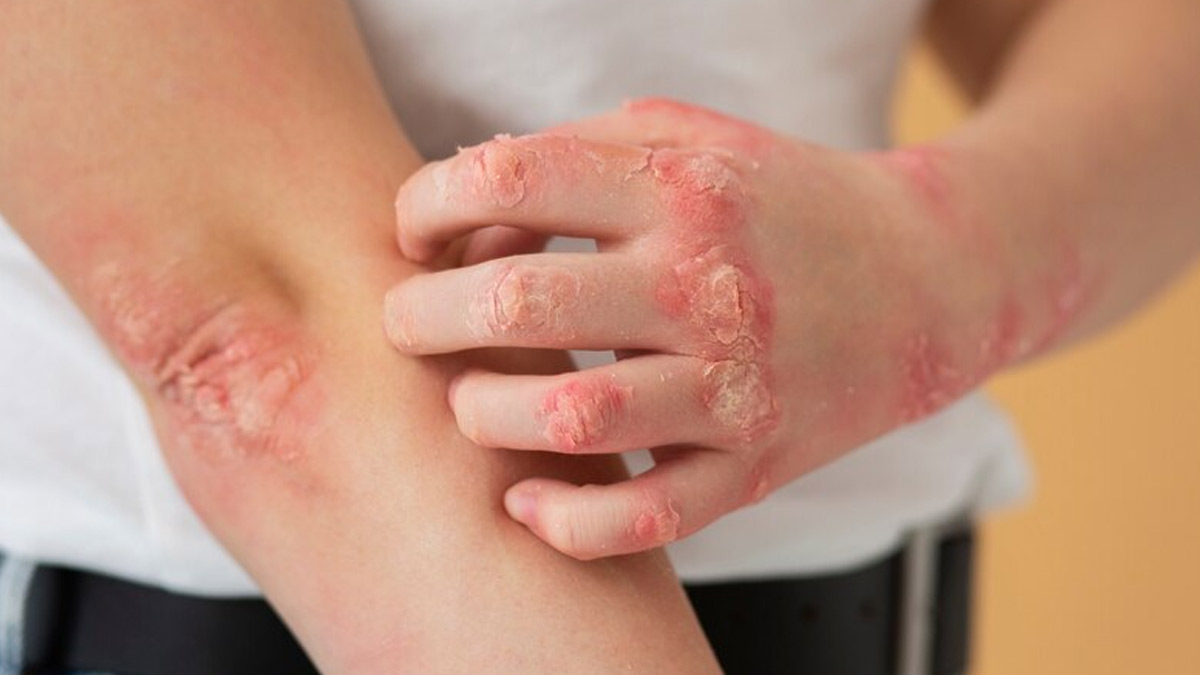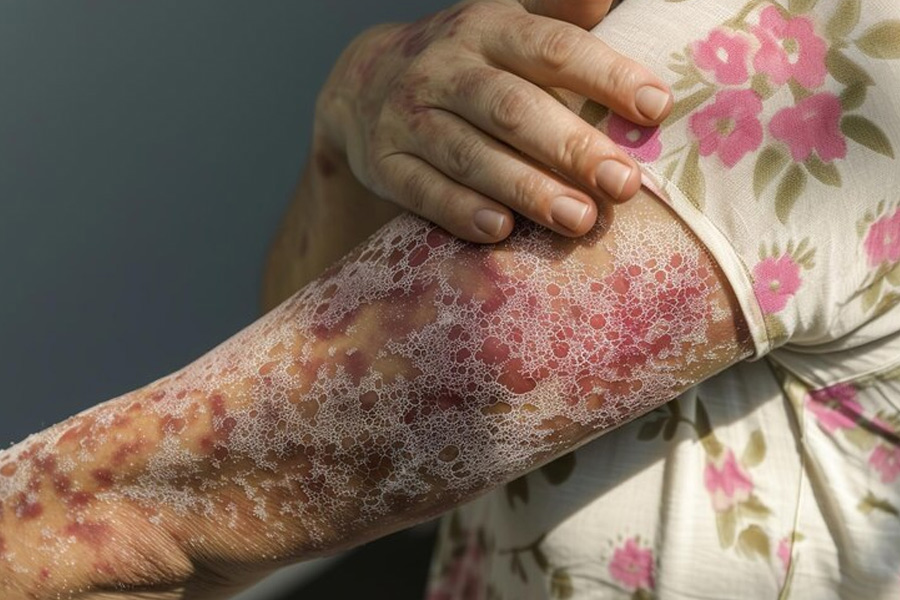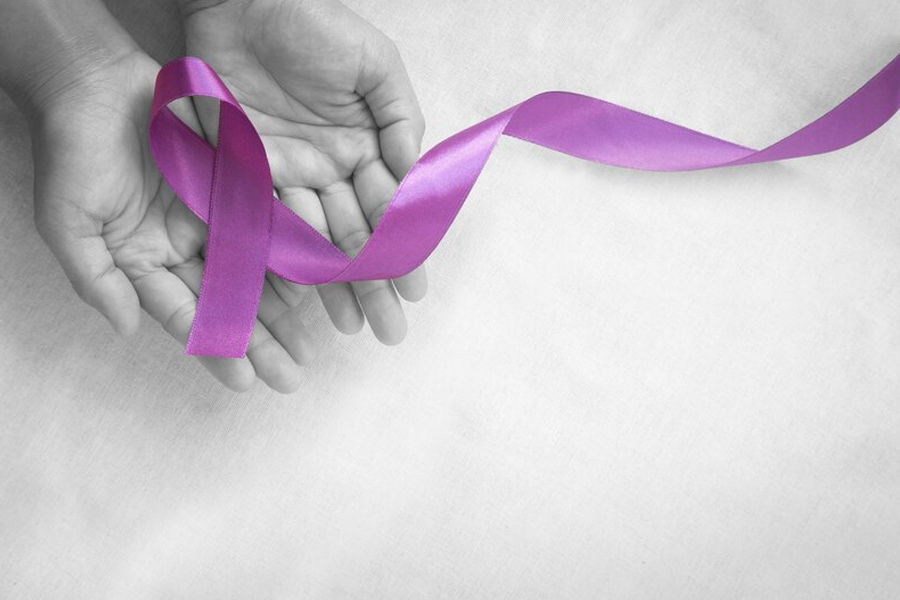
Fungal infections in cancer patients pose significant challenges due to the immunocompromised state of these individuals and the aggressive treatments they undergo. Understanding the risk factors and treatment challenges is essential for managing these infections effectively. This article offers deeper insights into the risk factors associated with fungal infections in cancer patients and the challenges in treatment.
Table of Content:-
To understand the risk factors and challenges in treatment, OnlyMyHealth interacted with Dr Tapan Singh Chauhan, Senior Consultant, Oncologist and Robotics, Artemis Hospital Gurugram.
Risk Factors
Immunosuppression: Cancer and its treatments, such as chemotherapy and radiation, weaken the immune system, making patients more vulnerable to infections, including fungal ones. Dr Tapan Singh Chauhan, an oncologist, notes, "The immune suppression caused by cancer therapy creates a fertile ground for opportunistic infections like fungi to take hold."
Neutropenia: Cancer treatments can reduce the number of neutrophils, a type of white blood cell crucial for fighting infections, further increasing susceptibility to fungal infections.
Mucositis: Chemotherapy-induced mucosal damage provides an entry point for fungi, especially Candida and Aspergillus species, leading to infections in the oral cavity and respiratory tract.
Central Venous Catheters (CVCs): These are commonly used for chemotherapy administration and can serve as portals for fungal entry, causing bloodstream infections (fungemia). "The use of CVCs is a double-edged sword," Dr Chauhan explains. "While essential for treatment delivery, they also increase the risk of serious infections."
Prolonged Hospitalization: Cancer patients typically spend extended periods in hospitals where they may be exposed to fungi present in the environment.
Previous Antifungal Therapy: Long-term use of antifungal agents can lead to the development of resistant fungal strains, further complicating treatment.
Also read: Exercises That Can Improve Life During Cancer Treatment
Challenges in Treatment

Diagnostic Delays: Symptoms of fungal infections can be nonspecific and overlap with other conditions, leading to delays in diagnosis. Early detection is necessary for improving outcomes. Dr Chauhan emphasizes, "The subtle and often nonspecific symptoms of fungal infections make early diagnosis challenging but critical for successful treatment."
Antifungal Resistance: Some fungal species, such as Candida auris, are resistant to multiple antifungal drugs, limiting treatment options and increasing mortality rates.
Drug Interactions: Cancer patients often receive multiple medications, and some antifungal agents can interact with chemotherapy drugs, affecting efficacy and toxicity.
Toxicity Concerns: Antifungal medications can cause liver and kidney toxicity, which is particularly concerning in patients already compromised by cancer treatments.
Complexity of Management: Treatment often requires a multidisciplinary approach involving oncologists, infectious disease specialists, and pharmacists to balance cancer treatment efficacy with infection control.
Prophylactic Challenges: Administering prophylactic antifungal therapy to prevent infections without promoting resistance or causing unnecessary side effects requires careful consideration.
Also read: WHO Says Talcum Powder May Cause Ovarian Cancer: Here’s How
Strategies for Management

Early Empirical Treatment: High-risk patients may receive preemptive or empirical antifungal therapy based on clinical suspicion before confirmative diagnosis.
Monitoring: Regular monitoring for signs of infection, especially in high-risk patients, can help in early detection and prompt treatment initiation.
Antifungal Stewardship: Programs to optimize antifungal use, minimize resistance development, and reduce unnecessary exposure are crucial. "Effective stewardship programs are vital in managing antifungal resistance and ensuring the best outcomes for our patients," says Dr Chauhan.
Infection Control Measures: Strict adherence to infection control practices, including hand hygiene and catheter care, can reduce the risk of fungal infections.
Immunomodulation: Research into immunotherapy and other strategies to strengthen the immune response in cancer patients is ongoing to reduce infection risk.
Fungal infections in cancer patients are a significant clinical challenge due to immunosuppression and treatment-related factors. Addressing these challenges requires a comprehensive approach that includes early detection, appropriate use of antifungal agents, and meticulous infection control measures to improve treatment outcomes. Concluding, Dr Chauhan said, "Combating fungal infections in cancer patients demands a multifaceted strategy, balancing aggressive cancer treatment with vigilant infection control."
Also watch this video
How we keep this article up to date:
We work with experts and keep a close eye on the latest in health and wellness. Whenever there is a new research or helpful information, we update our articles with accurate and useful advice.
Current Version